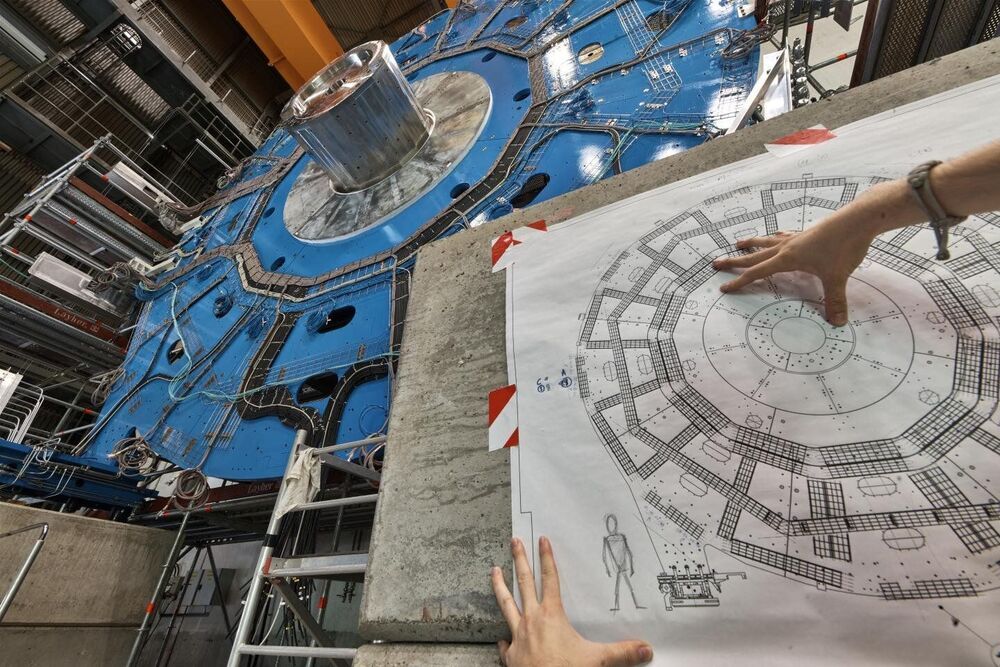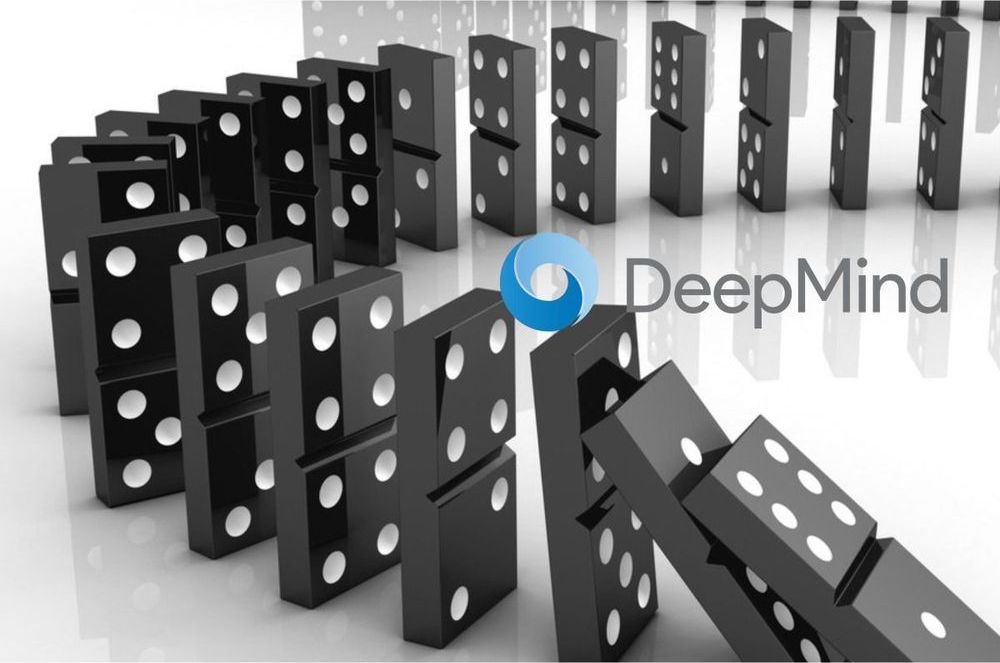A team of researchers at Samsung has developed a slim-panel holographic video display that allows for viewing from a variety of angles. In their paper published in the journal Nature Communications, the group describes their new display device and their plans for making it suitable for use with a smartphone.
Despite predictions in science-fiction books and movies over the past several decades, 3D holographic video players are still not available to consumers. Existing players are too bulky and display video from limited viewing angles. In this new effort, the researchers at Samsung claim to have overcome these difficulties and built a demo device to prove it.
To build their demo device, which was approximately 25 cm tall, the team at Samsung added a steering-backlight unit with a beam deflector for increasing viewing angles. The demo had a viewing angle of 15 degrees at distances up to one meter. The beam deflector was made by sandwiching liquid crystals between sheets of glass. The end result was a device that could bend the light that came through it very much like a prism. Testing showed the beam deflector combined with a tilting mechanism increased viewing angles by 30 times compared to conventional designs. The new design also allows for a slim form at just 1 cm thick. It also has a light modulator, geometric lens and a holographic video processor capable of carrying out 140 billion operations per second. The researchers used a new algorithm that uses lookup tables rather than math operations to process the video data. The demo device was capable of displaying 4K resolution holographic video running at 30 frames per second.






